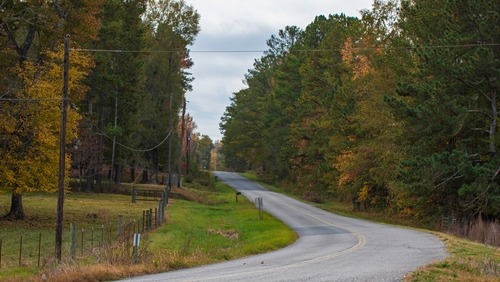
The U.S. Department of Transportation announced Monday it had awarded 13 grants totaling $3.4 million to transportation projects in underserved communities across the country.
Part of the Rural and Tribal Assistance Pilot Program (RTA) and administered by the Build America Bureau, the grants will be used to fund early-stage development for transportation solutions, specifically for technical, legal, and financial assistance.
Officials said the Bureau received more than 400 applications for the grants, asking for more than $127 million in funding. Of those, 70 applications totaling $19 million were submitted from Tribal organizations.
“The sheer number of applications received, and amount of funding requested demonstrates the tremendous need for funding communities that have historically been left out of federal investment opportunities,” Deputy U.S. Transportation Secretary Polly Trottenberg said. “This is great progress in our mission to help our rural and Tribal partners realize their visions for safer and more efficient transportation options.”
Among the awards were $320,000 for the city of Independence, Ore., for the design and engineering of the Chestnut Street Bridge Replacement project; $263,000 for the city of Blair, Neb., and its Green unincorporated Area Traffic Analysis and RAISE Grant Preparation; and $330,324 for the Match-E-Be-Nash-She-Wish Band of Pottawatomi Indians in Michigan for the design and permitting for a new road and trail.
“As most of Indian Country is rural, we are happy to use these opportunities to work with them and ensure these historic opportunities under the (Bipartisan Infrastructure Law) are accessible for all Americans,” Assistant Secretary for Tribal Affairs Arlando Teller said.
Part of the BIL, the RTA program allocates $10 million over five years to provide technical assistance for projects in rural and Tribal communities. The grants require no local match and may be used to hire staff or advisors to help with the early development phase activities, like feasibility studies, preliminary engineering and design, and environmental review, among other things, for transportation projects.